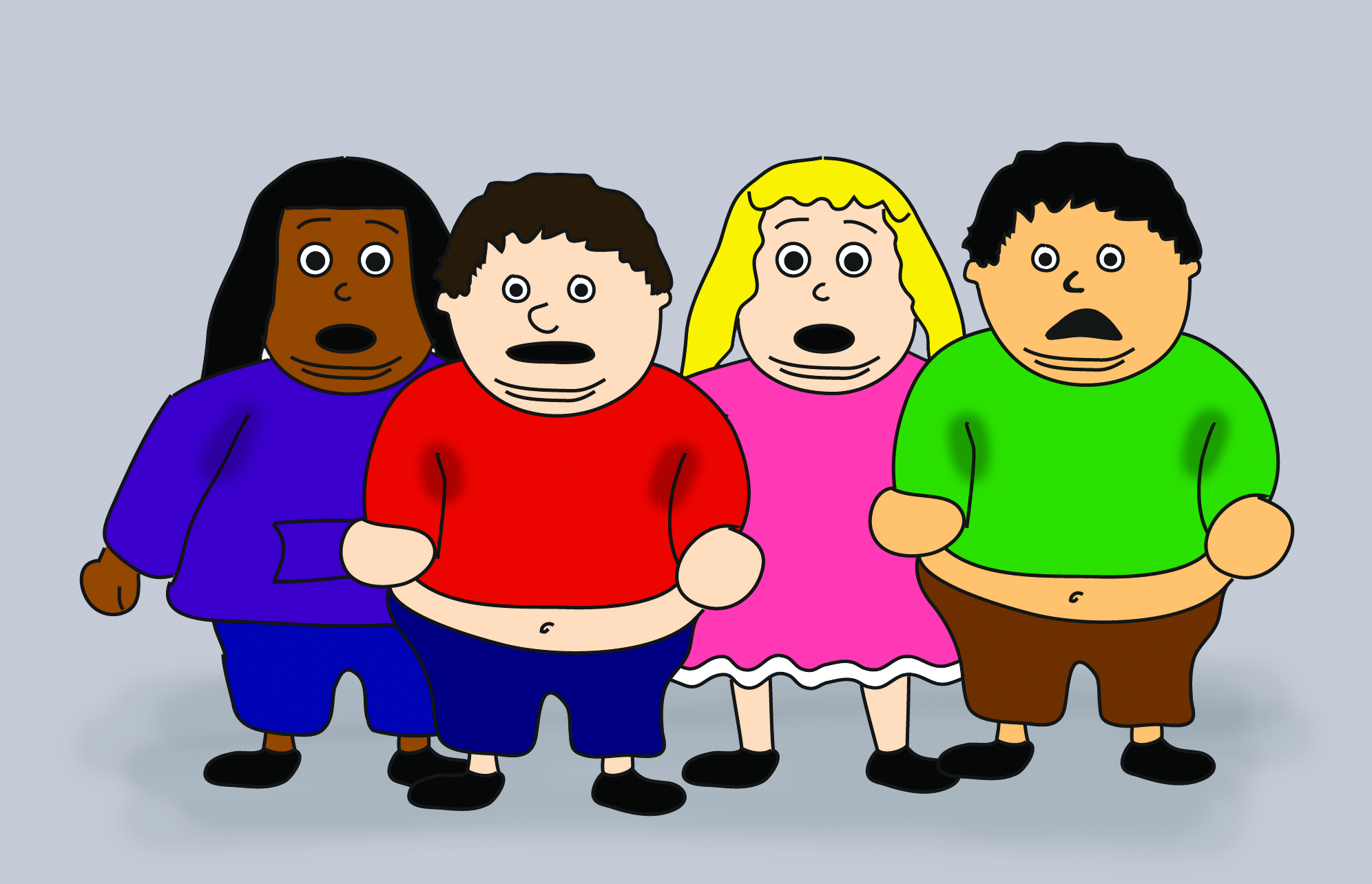Obesity in youth: a growing concern


Obesity has become an increasingly critical issue in Canada, especially for children and young adults.
Obesity, a medical condition in which a person is grossly overweight, has affected 11.7 per cent of Canadian children ages five to 17, according to a recent Statisics Canada study.
An additional 19.8 per cent of youth in this age group are considered overweight.
Weight gain occurs when the energy ingested is more than the energy burned from physical activity. The use of television and computer games has contributed to the lack of physical activity, resulting in a sedentary lifestyle.
“A lot of it is just overeating and inactivity,” said Gwen Rogers, children’s dietician for Grand River Hospital.
“I personally feel that the junk food in schools and advertising is the root cause; they’ve always been there. We just need to educate kids that they have junk food in moderation.”
Rogers had recommended that kids who are obese need to eat more foods with whole grains and whole wheat.
She also recommended that kids have more foods in their more natural and less processed state, and to avoid foods that are high in sugar and fat.
“A lot of it is we have to get the kids active, because we’re seeing that they are a lot less active, and I think parents need to be better educated,” Rogers said.
“Kids need to be better educated because there are lots of healthy choices that they can make, they’re just not making them.”
Obesity in childhood can lead into adulthood unless drastic lifestyle changes are made. Karen Ostrander, manager of Health Services at Wilfrid Laurier University, spoke about the effects on the body if childhood obesity carries into adulthood.
Aside from low self-esteem and distorted body image, there are a plethora of health risks.
“If you’re overweight in childhood, that is more likely to carry on into adulthood and when you get to be about 40 your metabolism slows down and you’ll gain a lot more weight,” Ostrander said.
More weight gain is not the only worry that is faced with childhood obesity leading into adulthood. Type-two diabetes is another major health scare that overweight children may face if their lifestyle as an adult continues to reflect their lifestyles now.
Sleep apnea, and bone and joint problems are also issues that can be faced by an obese child as they get older and are not becoming more health conscious.
Ostrander also believes that young adults gain a significant amount of weight once they come to university, as their change in lifestyle alters their eating patterns. No longer having prepared healthy meals at home, most students choose to eat out, as it is easier access.
This contributes to the stereotype of the “freshman 15”.
“When you look at the offerings, there are ongoing debates about why we even have hamburgers and fries as an option. Well, it can be healthy, everything can fit, but people need to take ownership of what they put into their bodies,” Ostrander said.
“We have a dietician on staff who encourages students to think about how they will plan their meals effectively and healthily and helps educate university students about portion sizes,” Ostrander added.


